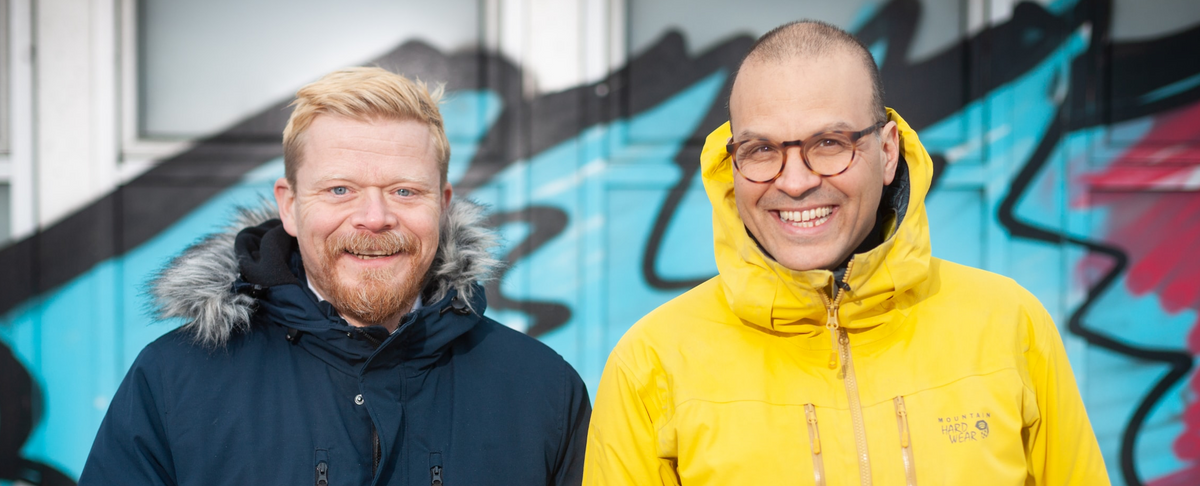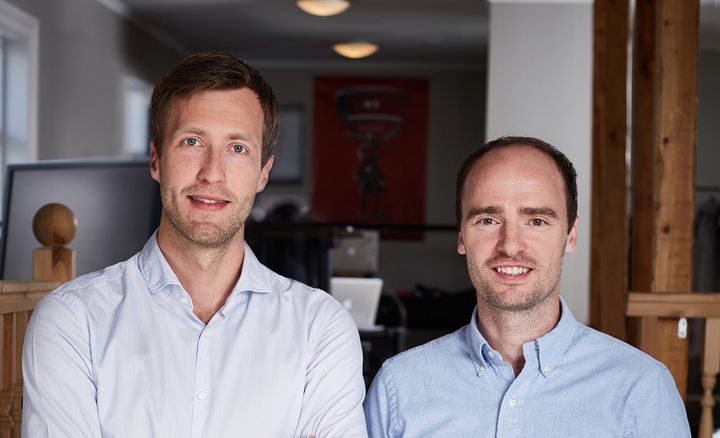Indó has opened for business

Indó, the Icelandic savings bank that intends to improve the financial services available to the Icelandic people, has officially opened for business. The only service that indó currently offers is a debit card account available for every Icelander over the age of 18. With that account, people will be able to perform all their basic bank transactions, like paying for goods and services all over the world, transferring funds, and paying bills. Indó plans to introduce more services in the near future.
Indó, which is the first Icelandic savings bank to receive a banking license since 1991, is hoping to be different from the already existing Icelandic banks. It strives to be simpler, more transparent, and in harmony with society. They state that all their prices are clear and transparent, and without all hidden fees. When using indó’s debit card there are neither per-transaction fees nor foreign transaction fees.
Like other banks and depository institutions in Iceland, indó has its deposits guaranteed by the government’s deposit insurance. It covers all amounts up to approximately $100K.
The founders of indó, Haukur Skúlason and Tryggvi Birnir Davíðsson believe that by operating the bank nearly entirely digitally and without a lot of physical infrastructure they have a competitive advantage. They hope that by running indó without huge headquarters and a big workforce it can be run cost-efficiently which enables them to offer better and more fair prices to their customers.
Both of them are banking veterans, having worked in the Icelandic banking sector for numerous years. They believe that their experience will prove valuable in this venture. After getting to know how banking is operated in Iceland through their career they now want to do things differently. They want to rethink banking services and want to change the system. The system should be tailored to the people, not the other way around.
Below you can read Northstack’s interview with indó’s co-founder Haukur Skúlason and our coverage of their funding round back in 2020.




